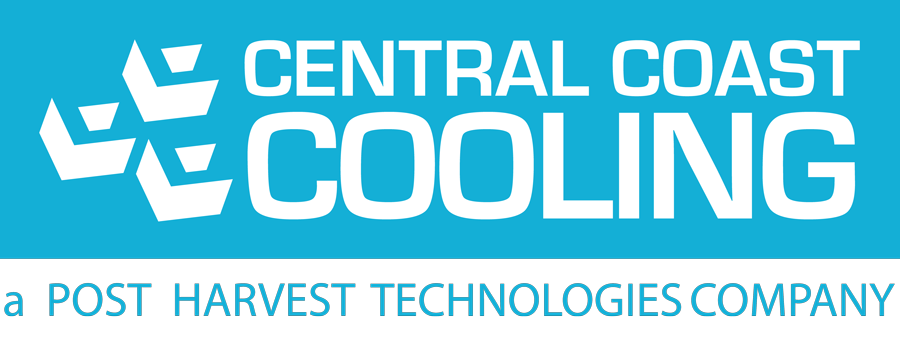In the United States, the journey of fresh produce from farm to table is a complex process that requires meticulous handling to ensure both quality and safety. A critical component of this process is the implementation of pre-cooling and cold storage technologies immediately after harvest. Neglecting these essential steps can lead to significant health risks, including the proliferation of foodborne illnesses.
Accelerated Microbial Growth
Fresh fruits and vegetables are highly susceptible to microbial contamination. Without prompt cooling, the natural respiration rates of produce remain elevated, creating an environment conducive to the growth of pathogens such as Salmonella, E. coli, and Listeria. These microorganisms thrive at higher temperatures, increasing the likelihood of contamination. The U.S. Food and Drug Administration (FDA) highlights that improper post-harvest handling, including inadequate cooling, can introduce or amplify these pathogens, posing serious public health risks.
Foodborne Illnesses and Health Implications
The consumption of contaminated produce can result in a range of foodborne illnesses. Symptoms often include nausea, vomiting, diarrhea, and fever. In severe cases, particularly with pathogens like Listeria monocytogenes, vulnerable populations such as pregnant women, the elderly, and individuals with compromised immune systems may face life-threatening complications. The Centers for Disease Control and Prevention (CDC) reports that malfunctioning refrigeration equipment, leading to inadequate cold holding temperatures, has been identified as a contributing factor in foodborne illness outbreaks.
Quality Degradation and Economic Impact
Beyond health risks, the absence of pre-cooling and cold storage adversely affects the quality and shelf life of produce. Elevated temperatures accelerate ripening and senescence, leading to texture degradation, discoloration, and nutrient loss. This not only diminishes consumer satisfaction but also results in economic losses due to increased spoilage and waste. The Virginia Cooperative Extension emphasizes that improper cooling is a major cause of foodborne illness and underscores the importance of adequate post-harvest cooling methods to maintain produce quality.
Preventive Measures and Best Practices
To mitigate these risks, it is imperative for producers and distributors to adopt effective pre-cooling and cold storage strategies. Implementing rapid cooling techniques immediately after harvest reduces respiration rates and slows microbial growth. Maintaining consistent refrigeration temperatures during storage and transportation is equally crucial. Regular monitoring and maintenance of cooling equipment ensure optimal performance, thereby safeguarding public health and preserving produce quality. The FDA provides comprehensive guidelines to minimize microbial hazards in fresh-cut fruits and vegetables, emphasizing the importance of proper temperature control throughout the supply chain.
At PHT Investment Group, LLC, we recognize the vital role that pre-cooling and cold storage technologies play in the post-harvest produce sector. By investing in and supporting advancements in these areas, we aim to contribute to a safer and more efficient food supply chain.
The neglect of pre-cooling and cold storage post-harvest is not merely a logistical oversight but a significant public health concern. Ensuring that fresh produce is promptly and adequately cooled is essential to prevent microbial proliferation, reduce the incidence of foodborne illnesses, and maintain the nutritional and sensory qualities of fruits and vegetables. As stakeholders in the agricultural sector, it is our collective responsibility to implement and advocate for these critical food safety practices.
References:
U.S. Food and Drug Administration
CDC
Proliferation Contributing Factors
VDACS



Recent Comments